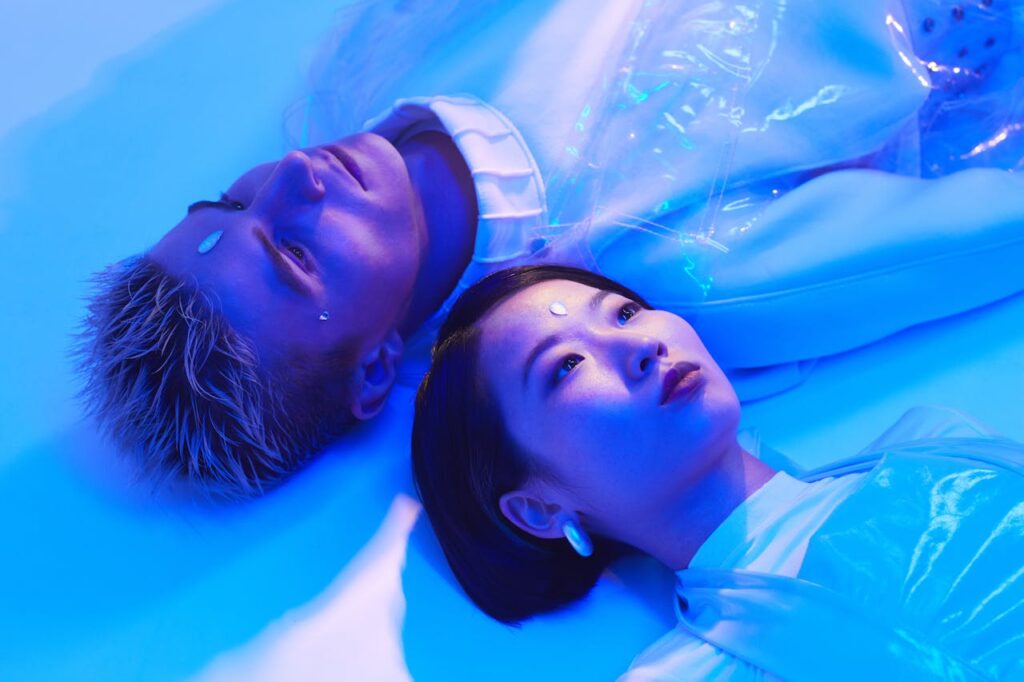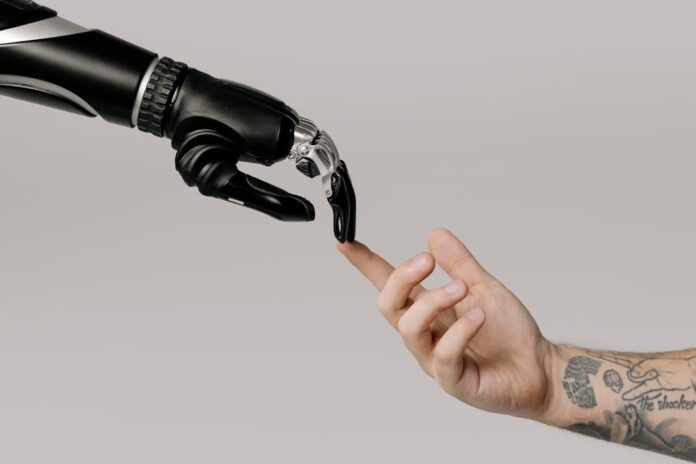AI Reveals the ‘Perfect’ Human, and It’s a Harsh Reality Check
Artificial intelligence just gave us its take on the “perfect” man and woman, and spoiler alert—it’s as unattainable as it gets.
Thanks to tools like ChatGPT and TikTok filters, AI is taking over everything from writing essays to turning us into digital works of art. But when AI dives into beauty standards, the results are eye-opening—and not in a good way.
The Bulimia Project has released a new study examining how artificial intelligence has perceived the “ideal” body based on social media data.
— The Project (@theprojecttv) May 17, 2023
READ MORE: https://t.co/yXtrzEfRPE#TheProjectTV pic.twitter.com/nKJPB8vUE8
This time, The Bulimia Project used AI to explore what society considers “ideal.” The results? A collection of hyper-sexualized, highly edited images that highlight how impossible social media’s beauty standards truly are.
The project analyzed data from social media to create these images, drawing attention to how platforms like Instagram and Snapchat promote unrealistic ideals. According to the findings, women with blonde hair and blue eyes and men with brown hair, darker features, and facial hair topped the AI’s list of “perfection.”
But there’s more. The AI-generated bodies look like they’ve been chiseled by Greek gods, with exaggerated features and an unsettling amount of skin on display. These aren’t just beauty ideals—they’re digital distortions.
AI defines what the 'perfect' man and woman look like https://t.co/j4NYDPUWC1
— Sky News (@SkyNews) May 17, 2023
As The Bulimia Project explains, these images reflect what people linger on most while scrolling through social media. The result? A spotlight on society’s unhealthy obsession with sexualized content and perfection.
“In the age of Instagram filters, no one can meet these impossible standards,” the organization pointed out. “So why try? It’s healthier—mentally and physically—to embrace realistic body image expectations.”
And they’re right. These AI-generated figures don’t just distort reality—they reinforce the toxic pressures many of us face daily.

The Bulimia Project hopes to remind us all that edited photos of influencers and celebrities aren’t real. Chasing these ideals can lead to harmful effects on self-esteem and mental health.
At the end of the day, wouldn’t the world be a boring place if we all looked the same?
If you or someone you know is struggling with eating disorders, help is available at bulimia.com.
So, next time you catch yourself comparing your reflection to those filtered images online, remember: real beauty isn’t found in perfection—it’s found in individuality. Share this article to remind someone else of that, too.




